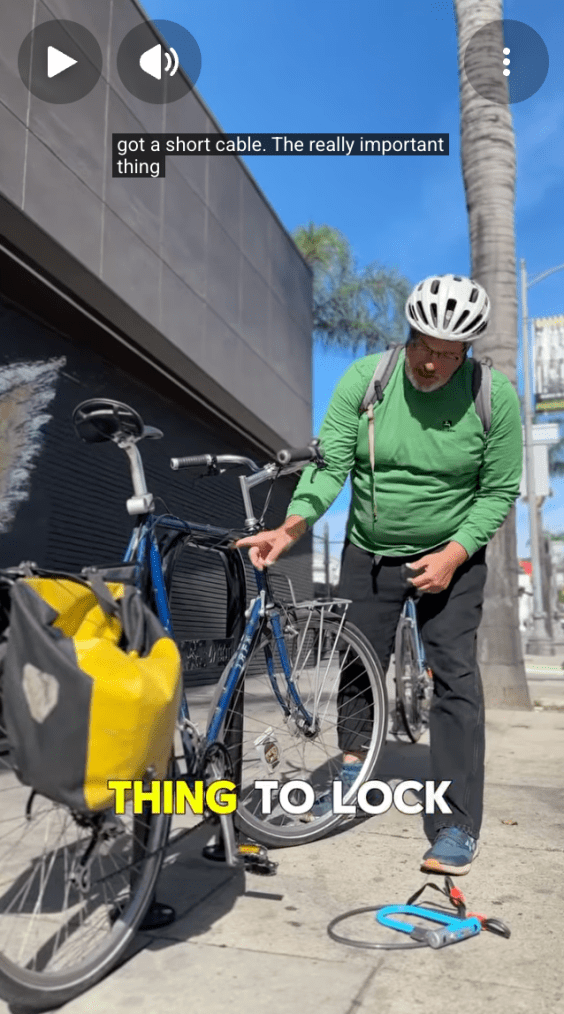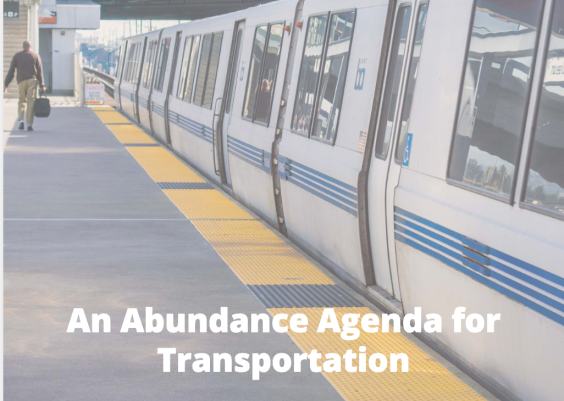 Judge Busch could partially lift the injunction for now, allowing the city to paint sharrows but not bike lanes. Flickr photo: BikePortland.org
Judge Busch could partially lift the injunction for now, allowing the city to paint sharrows but not bike lanes. Flickr photo: BikePortland.orgThe injunction that has hung like a pall over San Francisco's efforts to improve bicycle infrastructure for the city's growing number of bicyclists will remain for at least another ten days, and could continue in partial or full form until March 2010 or beyond. A judge today delayed decision on lifting the three-year-old bike injunction, instead ordering both the city and Mary Miles, attorney for Rob Anderson, who first sought the injunction, to submit additional materials by November 12. The judge could then lift the injunction completely, lift it partially for sharrows and bike racks but not bike lanes, or uphold it until a 2010 hearing on the city's environmental review of the bike plan.
Today's hearing came two months after the City Attorney's office filed a motion to lift the bike injunction, arguing the city had met all its legal obligations by completing an exhaustive environmental impact report (EIR) on the bike plan, which was approved by the Board of Supervisors and the MTA Board this summer. Bicycling advocates had hoped Superior Court Judge Peter J. Busch would lift the injunction today, clearing the way for the MTA to begin rolling out the 45 bike projects recently approved by the agency's board.
The injunction was first implemented when Miles sued the city for failing to complete an EIR for the bike plan, which the MTA had treated as a series of discrete projects.
Deputy City Attorney Kristen Jensen argued before the court that a hearing on the adequacy of the EIR, which Miles is seeking, should be dealt with separately. "The burden shifts to the petitioners once the EIR is presented," said Jenson. "The lens through which the court must look changes dramatically."
Jensen also cited the rising number of injuries to cyclists in the past two years, which she said was unexpected even given the rising popularity of cycling, adding extra urgency to lifting the injunction. "The city has been unable for the last three-plus years to do virtually anything for the safety of bicyclists in San Francisco," Jensen said. "The city needs the ability to start making the city safer."
"The rule is the public entity goes ahead while the review goes on,"
Judge Busch told a courtroom filled mostly with MTA representatives,
reporters, SFBC staff and Rob Anderson. Busch said his concerns were
mostly procedural: Can he dissolve the injunction and then order the
MTA to reverse bike projects if he later sides with the plaintiff's
weak contentions the EIR doesn't comply with CEQA?
Miles argued that the court does need to first certify the adequacy of the EIR before lifting the injunction, and that an eventual hearing, perhaps in March 2010, would be pointless since the city would likely implement most of the plan by then, perhaps irreversibly.
When pressed by the judge on what projects the city plans to go forward with immediately, the City Attorney's office replied that the MTA plans to first move first on painting sharrows and installing bike racks. Deputy City Attorney Audrey Williams Pearson said the MTA has determined it can paint 20 sharrows, install 5 bike racks and stripe 400 feet of bike lanes per day. The City Attorney's office pointed out that bike racks and sharrows don't require the removal of traffic lanes, so they would be less likely to impact traffic before a final hearing on the EIR in March 2010.
 Proposed new bike lanes across the city. Image: SFBC
Proposed new bike lanes across the city. Image: SFBCThe judge asked the City Attorney's office to submit a four-to-five-page declaration by this Friday detailing the MTA's likely immediate activity on bike infrastructure if the injunction is lifted before a March hearing. In addition, on November 12, both sides will present the judge with short briefs on whether they believe the court would have the legal authority to reverse any new bike infrastructure installed before the March hearing, if it finds the EIR is inadequate (which is seemingly unlikely.) The judge also asked both sides to agree upon a schedule for the EIR hearing by November 12. The City Attorney's office said it could submit a brief by this Friday instead, but Miles cited her busy schedule with another case and requested the additional time to complete the brief.
It's possible the judge would neither completely lift nor entirely preserve the injunction after the November 12 briefs are in. He suggested the possibility of a partial lifting of the injunction, perhaps allowing sharrows and bike racks but not bike lanes to be installed, for instance, until the March 2010 EIR hearing.
Despite dashed hopes for an end to the injunction today, the SFBC's Andy Thornley remained optimistic about the hearing. "The line of questioning we were hearing today indicated that he is considering whether there is a way to relieve the injunction partially or totally with an eye to the reversibility of these change," said Thornley. "It's just paint, it's just bike racks, and I think the judge in his questioning is indicating that he would be open to some relief to the injunction, because we can always erase them. That would be at the city's risk, of course."
While the additional delay is a significant disappoint to the city's bicycling advocates, the City Attorney's filing this Friday could provide an interesting view into the MTA's timeline for rolling out the bike plan projects - and a hint of whether Judge Busch's apparent preference for reversible projects could influence that timeline.





